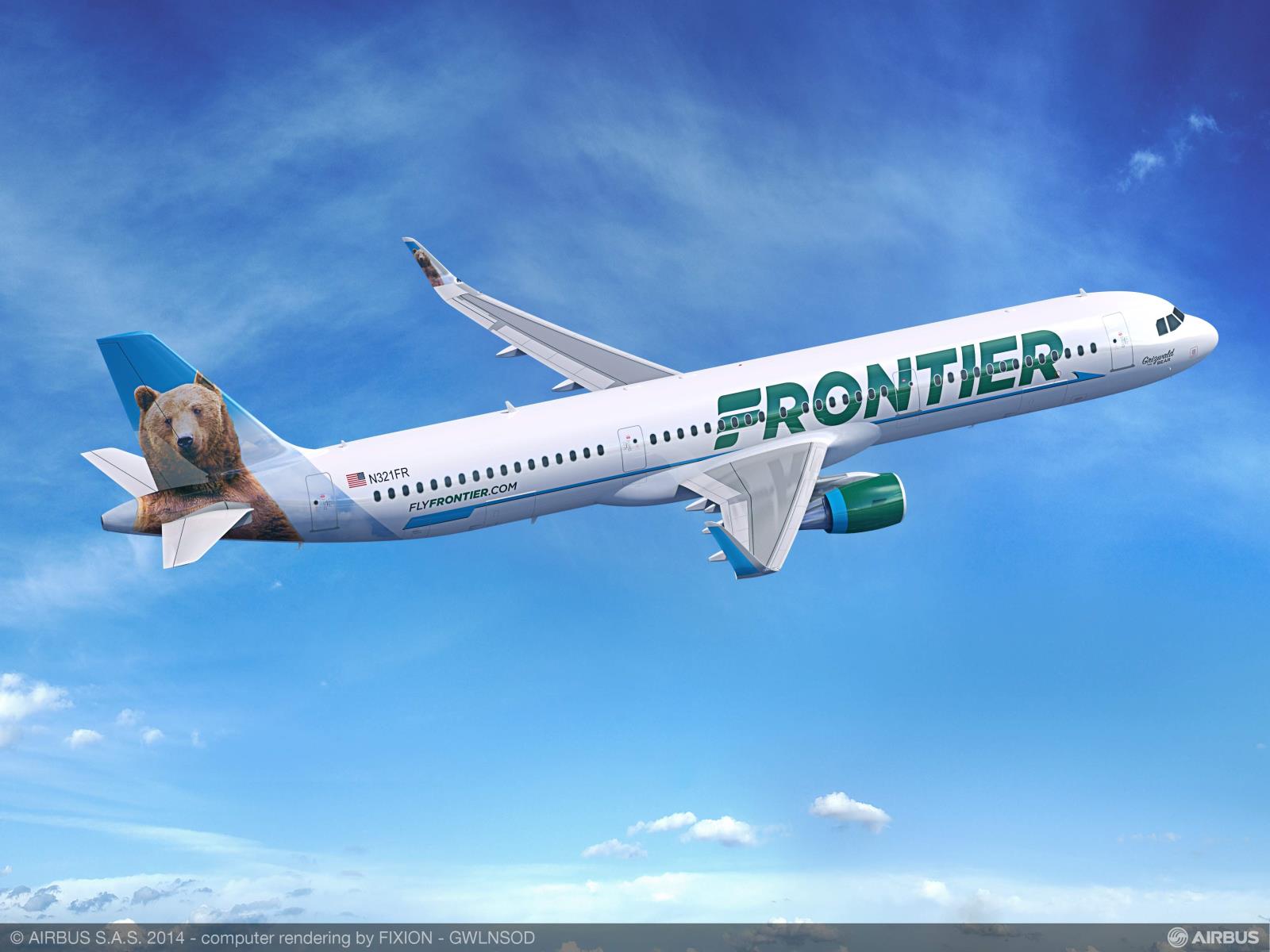With a proposed $2.9 billion merger between Frontier Airlines with Spirit Airlines, the two bargain airlines want to fight against the nation’s main carriers and, they claim, decrease their prices.
The arrangement was announced by Fresno airport officials on Monday, and according to FAT media and the public relations director Vikkie Calderon, Frontier intends to leave the market in early March.
Fresno Yosemite Airport Terminal was informed by Frontier Airlines that service connecting Fresno and Denver would be terminated in march 11 2022. Today’s merger of Frontier Airlines and Spirit Airlines hasn’t prompted fresh choices about serving Fresno, Calderon says. As long as Frontier or the newly formed Fresno-based airline is interested, we’ll keep in touch.” By the airline’s own admission, Frontier’s departure was a financial one. Frontier Airlines, Southwest Airlines, and United Airlines all fly into and out of Denver, and Fresno’s performance in the market is excellent.
Regarding the proposed merger, both Frontier & Spirit are super duper carriers that entice customers with rock-bottom fares and basic service, but also produce a disproportionate amount of customer complaints about the quality of their offerings.
Antitrust officials in the Biden Presidency, which has expressed a harder stance against large corporate acquisitions, are likely to examine the deal closely. Consolidation in the airline industry has been blamed on the Obama administration, according to consumer groups, for enabling a wave of mergers.
In terms of passenger capacity, Frontier-Spirit would be ranked fifth in the United States and seventh on revenue. American, Delta, United, and Southwest collectively control nearly 80 percent of the U.S. airline market, and Frontier & Spirit are trying to counterbalance this by merging to form a new, smaller, and more competitive airline.
Frontier President Barry Biffle said during an interview that the Biden administration had made it plain over the last year that it wants to increase competitiveness in the airline market. “This is essentially an answer to restore balance from the a competitive standpoint to the big four,” Biffle said.
According to Raymond James & Associates analyst Savanthi Syth, given the Biden administration’s “large is evil” mentality, she wouldn’t expect antitrust difficulties with Frontier and Spirit because of their small sizes.
The administration of Vice President Joe Biden filed a lawsuit against American Airlines with JetBlue inside the Northeast last September, claiming that the merger will restrict competition and raise prices. The case has not yet been resolved.
As the swine flu pandemic enters its third year, airlines are trying to recover. Frontier & Spirit both announced fourth-quarter losses on Monday, with Spirit losing $87.2 million and Frontier losing $53 million. Both companies also lost money in 2021 as a whole.
There are many additional routes that aren’t now served with ultra-low-cost carriers that will be created if the airlines are allowed to consolidate, resulting in savings of $1 billion a year for consumers. According to the combined company’s projections, 10,000 more employment will be created by the year 2026.
In recent years, ultra-low-cost airlines have disrupted the aviation sector by taking customers away from established carriers and enticing consumers who are reluctant to pay major-airline tickets. A per-mile price advantage of up to 40% for Frontier and Spirit will deter larger airlines from emulating their pricing strategy.
However, low-cost airlines do not have the same benefits as the major airlines. Fewer flights per route mean fewer alternatives for rebooking passengers in the event of a flight cancellation or delay. They don’t fly long international flights, have smaller frequent flier programmes, and operate fewer flights each route.
Frontier and Spirit routinely score near the top of the list of airlines receiving the most customer complaints; in fact, according to the Transportation Department’s most recent monthly data, they were last and next to last. Flight cancellations and delays account for the majority of the grievances. There is a belief among the airlines that integrating their operations will result in a more reliable and less disruptive airline.
During this time, the FAA ordered the cancellation of all Frontiers flights across the country due to “automation difficulties.” The airline had already cancelled or delayed more than 110 aircraft, or more over 20% of its planned itinerary, before lunchtime.
An issue with Frontier’s technology, according to Frontier representative Jennifer De La Cruz, was resolved. In response to her question, she indicated that the airline was attempting to restore their flight plan for the rest of a day.

Frontier & Spirit have a combined fleet of around 280 planes, with an additional 350 planes on order. New routes will be opened up in North America as well as Latin America & the Caribbean, according to Spirit CEO Ted Christie.
The combined company’s name, CEO, or headquarters have yet to be announced by the airlines. Franke, chairman of Frontier’s committee which will make these decisions and who will also serve as president of the combined business, stated that such announcements should wait until it is obvious that the merger would go through.
At this point, the transaction necessitates oversight and support from regulatory authorities. Franke, a former chairman of Spirit and now the largest shareholder in Frontier, indicated that the process may take months.
This means that Frontier shareholders will hold a majority stake company: 51.5 percent of the stock. Using Frontier’s closing price of $mere fraction on Friday, Spirit shareholders will receive 1.9126 Frontier shares and $2.13 in cash for each one of the Spirit shares, resulting in a value of $25.83 per share for Spirit.
The transaction is expected to be completed by the end of the year. Spirit’s shareholders must still approve the plan.
Miramar, Florida-headquartered Spirit soared 17.2% to finish at $25.46 on Monday, while Frontier gained 3.5%.


